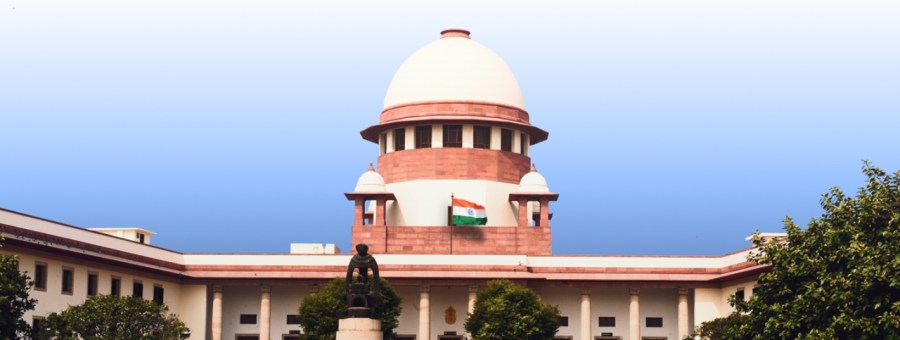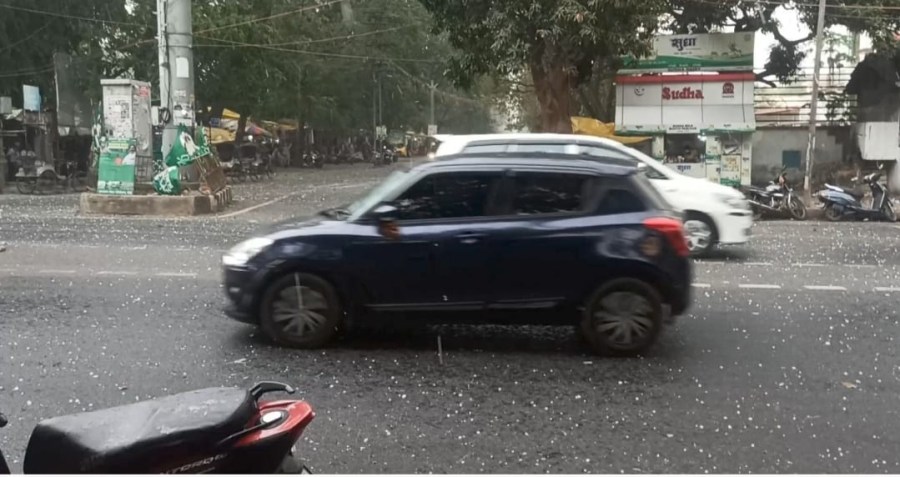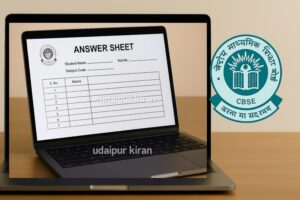Supreme Court Slams Tamil Nadu Governor for Withholding Bills, Terms It Unconstitutional
New Delhi, April 8 The Supreme Court of India delivered a sharp rebuke to the Governor of Tamil Nadu, stating that withholding 10 bills passed by the State Assembly is “unconstitutional”. The apex court emphasized that governors do not have the authority to sit indefinitely on legislations passed by elected assemblies.

Governor Cannot Withhold Bills Indefinitely: SC
A bench headed by Justice J.B. Pardiwala made it clear that the actions of the Tamil Nadu Governor in delaying assent to bills were not in good faith. The court observed that the Governor forwarded the bills to the President only after the Supreme Court’s decision in a similar case involving the Punjab Governor.
Referring to its earlier decision, the bench reiterated that a Governor cannot veto a bill by delaying action on it. The Supreme Court clarified that once a state assembly passes a bill for the second time, it must be deemed to have the Governor’s assent under the Constitution’s Article 200.
Supreme Court Issues Guidelines for Governors
In a landmark move, the Supreme Court laid down specific timelines for governors with regard to bills sent by state assemblies:
-
Within 1 month: The Governor must act on a bill sent by the assembly.
-
Within 3 months: If the Governor chooses to send the bill to the President for consideration, that decision must be made within this period.
-
If the bill is re-passed by the assembly, the Governor must make a decision within 1 month of receiving it again.
The court underscored that delays beyond these limits are unconstitutional and reflect an erosion of democratic norms.
Tamil Nadu’s Stand Against Governor R.N. Ravi
The Tamil Nadu government had moved the Supreme Court alleging that Governor R.N. Ravi failed to act on multiple bills, including key ones related to university appointments and early release of prisoners. The state accused the Governor of withholding important files, including those requiring sanctions for prosecution of public servants.
The court had reserved its verdict on February 10, and during the hearings, had criticized the Governor for seemingly following his own procedures, holding onto legislations since 2020.
Key Takeaways
-
The Supreme Court has directed time-bound decision-making on bills by Governors.
-
It has reaffirmed that governors cannot obstruct the legislative process through delays.
-
The court sided with elected state governments, emphasizing the importance of federal democracy and the spirit of the Constitution.
This judgment is expected to set a precedent for other states where similar confrontations between Raj Bhavans and elected governments have emerged.






















